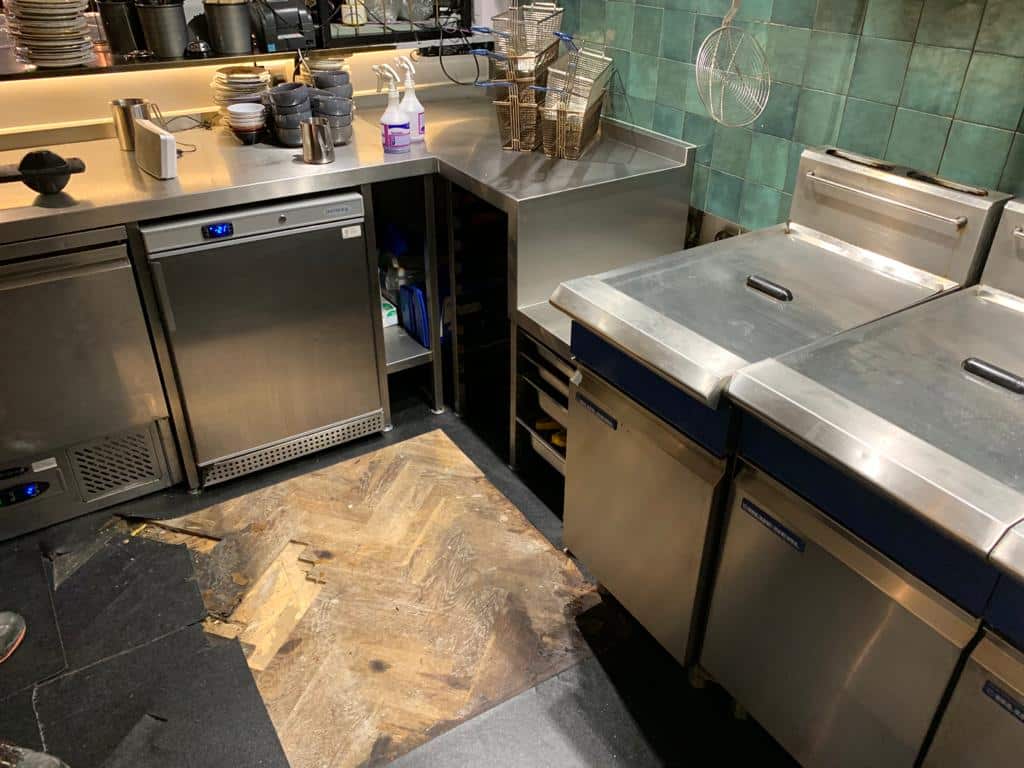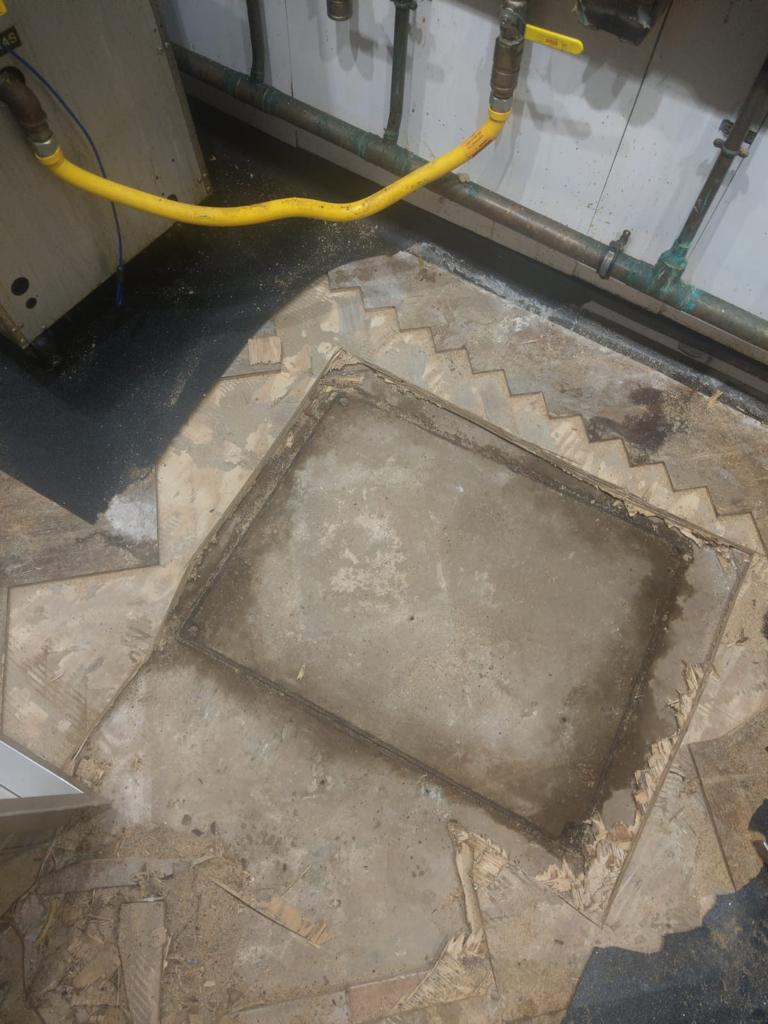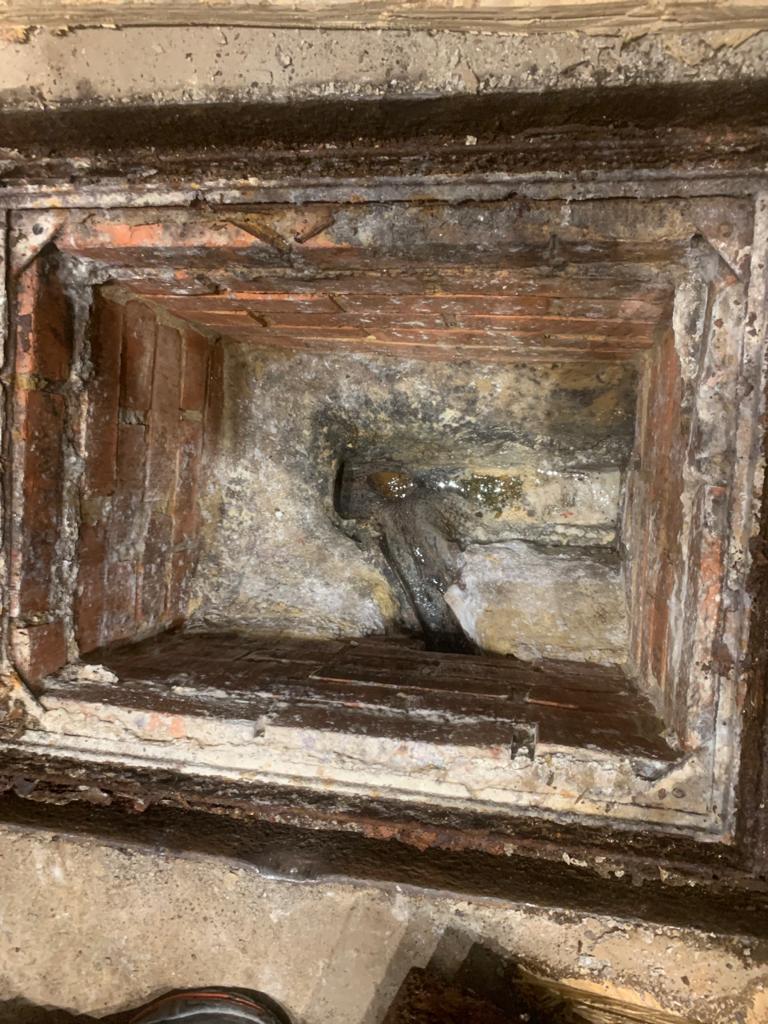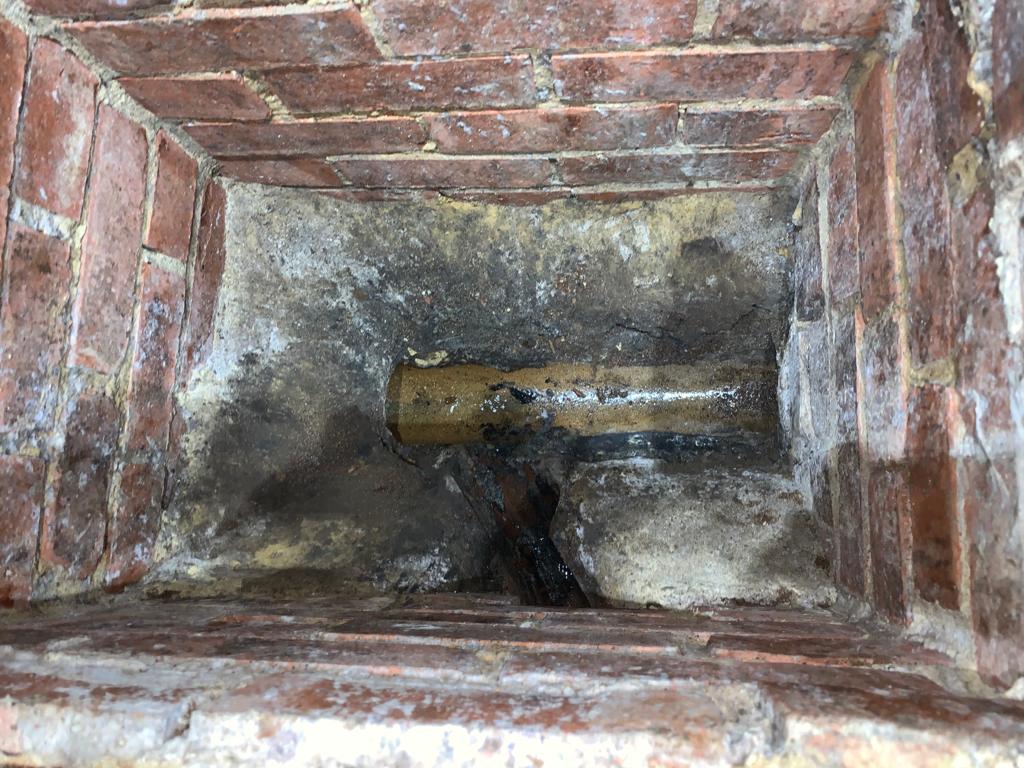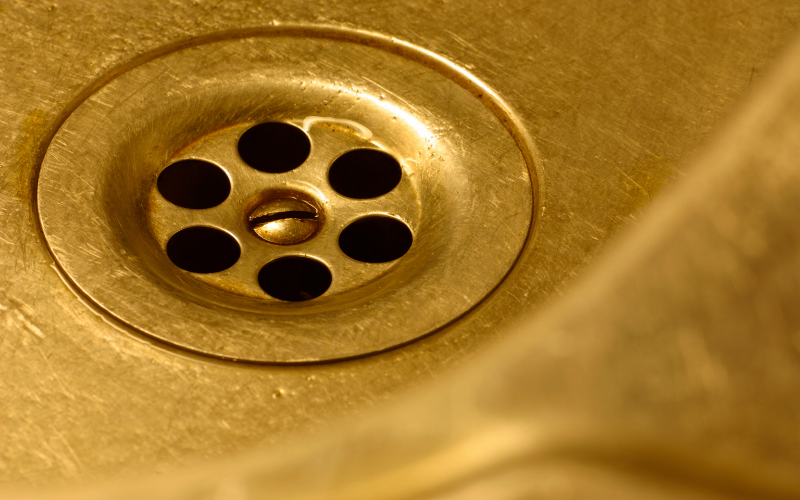As a property owner, you want your drains to work all year without fail. The good news is that most do, taking waste and sewage from your home and depositing them at the treatment works. Unfortunately, however, drains don’t always work and, in some circumstances, can collapse, leading to drainage issues and backing up.
A collapsed drain is a potentially severe issue. Drains collapse either because of a lack of maintenance, or when the ground shifts. Both of these are liable to crack pipes and cause waste to flow into the surrounding ground. Collapsed drains not only create an inconvenience but are also a health hazard. Cracks make it easy for rodents and other sewer-dwelling creatures to enter your home.
How can you tell if you have a collapsed drain? Let’s take a look.
You Can Smell Sewage
Ordinarily, you should not be able to smell sewage. A combination of sealed piping and regular draining prevents smells from the sewage system from backing up into your home. Unfortunately, when you have a collapsed drain, there’s nothing to contain the sewage, and it begins to leach out into the surrounding ground. No matter where the breach is located, it’s a problem, but it’s particularly bad when the drain is leaking near your foundations or close to your home.
If you smell sewage, then it’s unlikely the problem will go away. You need professionals to fix the issue as soon as possible.
There Are Rodents And Other Unwanted Visitors In Your Property
Rodents love living in sewers because they are a great way to escape the threat of predation while also offering shelter against the elements. It’s not uncommon for sewer-dwelling creatures to raise entire litters of young in the sewers before venturing out into the wide-open world to find food.
When you have a collapsed drain, however, it means that your defences against rodents are compromised. There’s nothing preventing rodents from climbing through cracks, out of drains, and up pipes into your home. If you suddenly find that you’re inundated with sewer-dwelling creatures, then it could be a collapsed drain. Rodent infestations require urgent attention.
Your Sinks, Baths And Toilets Drain Slowly
Often a collapsed drain leads to a blockage. The material around the pipe falls into the channel, preventing wastewater from flowing through and out into the rest of the sewage network.
If you notice slow draining in all the sinks and toilets in your home, then you likely have a collapsed drain. Experiment with domestic drain unblocker products, but if the problem persists or you notice a smell, then you may require professional assistance.
Professional blocked drains experts will first perform a CCTV survey using a camera on the end of a long pole to see whether there is damage or blockage in your drains. Professionals will then create a plan of action to repair the obstruction and order replacement parts.
You Notice Persistent Damp Or Mold
Collapsed drains can prevent water from draining from your property. Instead of travelling through pipes and out into the sewage network, blocked drains, cause wastewater to back up and leach out into the surrounding ground.
Sometimes, the collapsed area is near to your foundations. When sewage leaks out, it permeates the masonry and slowly works its way up until it becomes visible in the walls in your home.
Damp is indicative of an issue, but it doesn’t create health problems by itself. Mould, however, does and can worsen asthma symptoms and lead to allergies. Where damp starts, mold usually follows, so if you have a collapsed drain, it’s in your best interest to deal with the issue sooner rather than later.
Your Toilets And Sinks Keep Backing Up
When you flush a toilet or empty a sink, it releases a sudden rush of wastewater into the system. Under normal circumstances, your sewer pipes can handle all of this liquid passing through in one go. But when you have a collapsed drain, you may notice “backing up.”
Toilets, for instance, may take a while to return to their normal water level after flushing, and sinks or baths may drain slowly. Check first that neither the pipes leading from the bath/sink or toilet are blocked and use regular domestic pipe unblocker. If that doesn’t resolve the problem, then, again, you may need the help of professionals. With a professional by your side, you can deal with the source of the problem and restore functional drainage in your home.
Do you think that you may have a collapsed drain? Contact Quick Clear Drainage for CCTV Drain Surveys London to investigate whether you have collapsed drains in need of repair.

